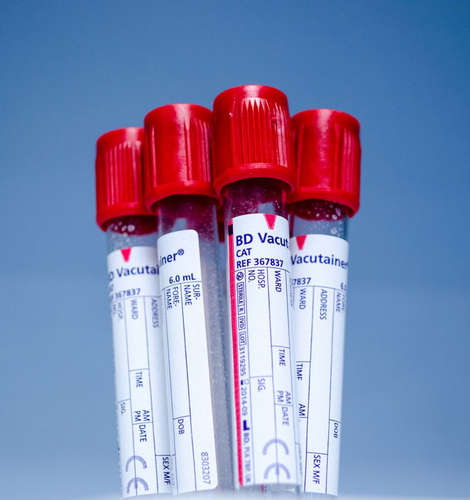Suicidal behaviour is a leading cause of injury and death worldwide, but there are no reliable, objective tools to assess and track changes in suicidal risk.The findings reported in the Journal Molecular Psychiatry may provide clues about the biological mechanisms underlying suicidal thinking and behaviour and help to identify those at risk.
However, the results are based on a relatively small sample of men, focusing on bipolar and schizophrenic disorders, and how the findings relate to a broader range of individuals remains to be seen.
The study
Building on their previous blood biomarker works in mood disorders and psychosis, researchers of this study examined differential expression of genes in the blood of study participants with bipolar disorder, a high-risk population prone to suicide. They compared these biomarkers at no suicidal ideation (SI) states and high SI states.
Using a convergent functional genomics approach, they prioritized 41 top blood gene expression biomarkers that are expressed differently between the two states. These biomarkers include an enzyme called SAT1, which was the top scoring biomarker.
The researchers also measured these biomarkers' expression levels in the blood of nine age-matched men of suicide death from the general population, collected from the Coroner’s Office.
Results
They found that 13 out of the 41 biomarkers showed stronger changes in those who completed suicide than in the high suicidal ideation group. SAT1 and five other markers passed stringent statistical tests.
Subsequently, the researchers were also able to show that levels of these biomarkers predicted future and past hospitalizations due to suicidal behaviour in 42 men with bipolar disorder. A similar but weaker trend was observed in a group of 46 men with schizophrenia.
They noted that given that some individuals may deny suicidal thoughts or choose not to share them with clinicians, objective tools are needed to track suicidal behaviour risk and response to treatment. Acknowledging limitations of their study; they suggest that further testing and validations should be performed in various at-risk populations including individuals with major depressive disorders. More work to examine potential gender and ethnicity differences are also needed.



